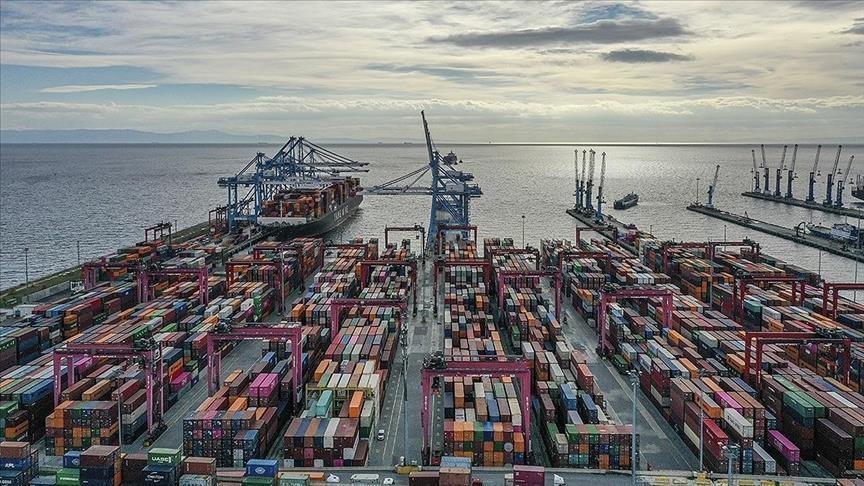CHP on Turkey and NATO
FARUK LOĞOĞLU
NATO, with its array of hard, soft and smart power assets possesses a huge potential for peace, security, and stability. Turkey is surrounded by conflict-ridden regions and is thus exposed to a wide range of risks and threats. This is why NATO is important for Turkey; and, with its unique properties enabling it to act as an interface between East and West, Turkey is crucial for NATO.NATO today is present in a much wider geography, acting as if it were an organization with global responsibilities. NATO’s new Strategic Concept has set a new vision regarding its objectives and priorities in an increasingly turbulent and fast evolving security environment. But how the new concept will be translated into concrete applications in the face of growing challenges remains to be seen.
Turkey’s experience with NATO has had its disappointing episodes. Although Turkey contributes to NATO as much as, if not more than, other members, the perception and treatment of NATO allies towards Turkey does not reflect this.
On the other hand, Turkish public opinion towards NATO is skewed as well.
Turkey’s place in the NATO-EU equation is also problematic. The perception in the West is that Turkey hinders an effective partnership between NATO and the EU because of the Cyprus question. However, because of the unhealthy Turkey fixation of some EU members, the EU as a whole ends up weakening the existing framework of the much needed strategic collaboration with NATO.
The Republican People’s Party (CHP) is committed to Turkey’s NATO membership and supports a sustained relationship with the organization.
At the same time, the CHP is of the view that diplomatic procedures and negotiations should always be preferred over the use of military force in the attainment of the goals of the alliance. Secondly, CHP supports the proposition that nuclear disarmament is a goal that must be pursued vigorously.
The Turkish experience in bringing its NATO allies to take a unified stand against terrorism continues to be disappointing.
CHP’s policy and outlook regarding NATO could be perhaps further understood in the context of two recent developments. The first is Libya. When the government bill asking for authorization for NATO engagement came to the Turkish Grand National Assembly, the CHP voted in favor.
Our “yes” vote on Libya was, however, based on the understanding that Turkey’s involvement would be restricted to joining the naval blockade to ensure the flow of humanitarian assistance to the Libyan people and to prevent the shipment of arms and ammunition to the Libyan regime.
The CHP believes that NATO must be strict in observing the terms of mandate defined by the U.N. Security Council. NATO’s own terms of reference for such interventions should also be clear and precise.
The other development is the NATO missile defense system. The CHP believes Turkey should have its own national capabilities for defense against missile attacks and take steps to that end. Until such time, however, we feel Turkey signing on to a NATO missile defense shield has been the right decision. The recent debate in Turkey between the governing Justice and Development Party (AKP) and the main opposition CHP is, therefore, not about whether the missile defense system is or is not good for Turkey. The issue is the AKP government’s deception. On the one hand, the AKP is bashing Israel for domestic political gains and as a jumping platform for its pretensions to regional leadership, while concealing the truth that the declared intention of the U.S. government is to use the radar in question to help Israel.
Looking into the future, the CHP will urge NATO to be more responsive to the needs of non-member states and support the different alliance programs to enhance relations with them.
The CHP wants to see NATO as an alliance that provides equal benefits to its members. The CHP also believes that all future interventions by NATO must be firmly based on international law and should rest on an explicit mandate from the U.N.S.C. CHP’s supportive views on NATO are in coherence with its outlook on Turkey as a member of the Euro-Atlantic family. NATO must remain strong and vibrant for the sake of international peace, security, and stability.
* Faruk Loğoğlu is the Vice President of the Republican People’s Party (CHP) in Turkey. This is an abbreviated version of the article which was originally published in the Fall 2011 issue of Turkish Policy Quarterly (TPQ). For more information, please visit www.turkishpolicy.com.











